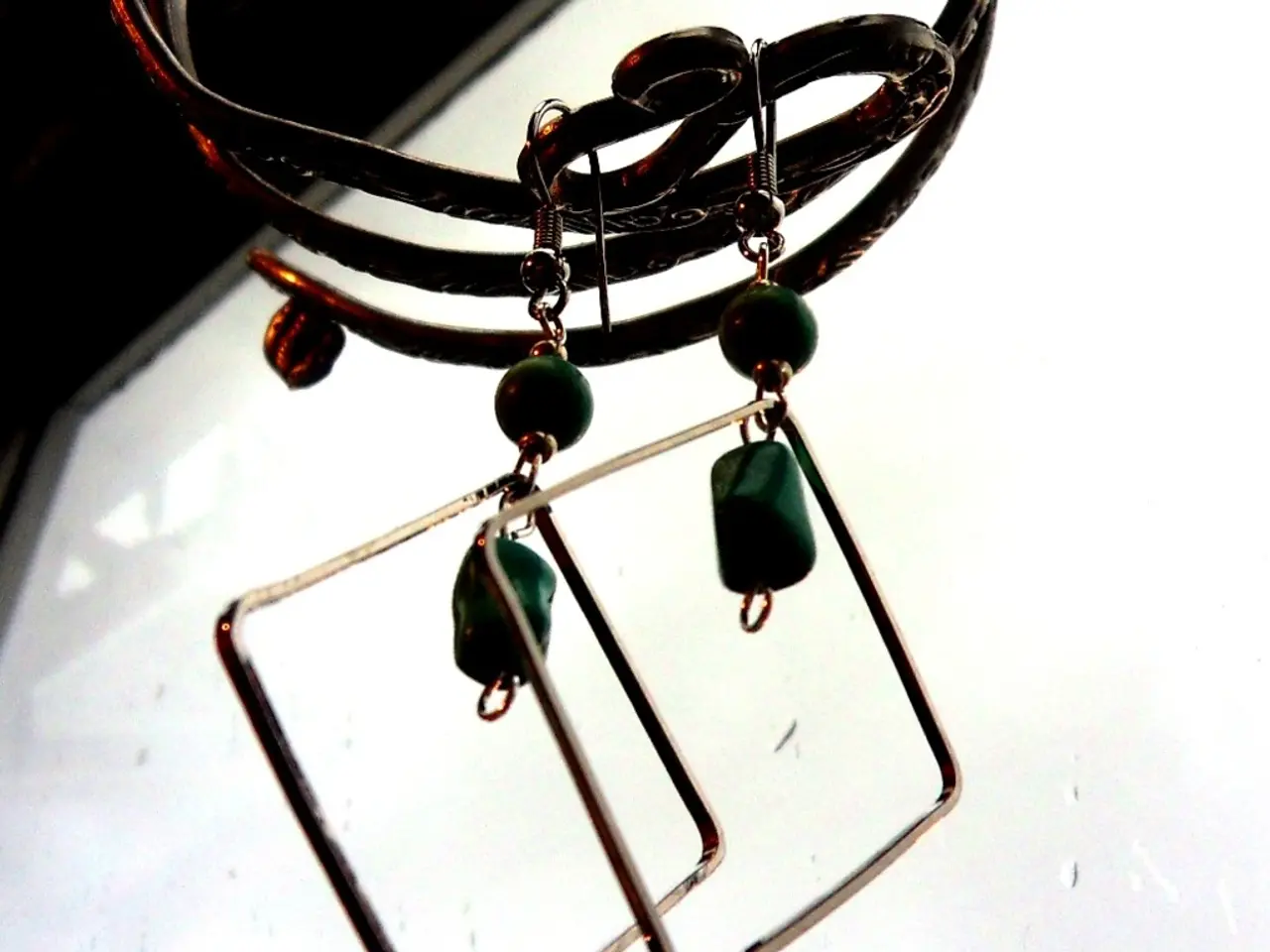Clinical Trials of Stem Cells Exhibit Encouraging Progress for Tinnitus and Hearing Loss Therapies in the Nervous System
In the realm of audiology, a new wave of hope is emerging as researchers delve into the potential of stem cell therapies for treating tinnitus and neural hearing loss. These innovative treatments, currently in various stages of development, could significantly change the landscape of hearing restoration.
Dr. Zheng-Yi Chen, from Harvard Medical School's Otolaryngology-Head & Neck Surgery department, underscores the ultimate goal of hearing research: hair cell regeneration in the inner ear. This is the key to transforming sound into brain signals, a process disrupted in tinnitus and hearing loss.
One promising avenue is the use of a drug-like cocktail to stimulate hair cell regeneration, as demonstrated by researchers at Harvard Medical School's Mass Eye and Ear. While early results are encouraging, it's important to note that stem cell therapies for hearing disorders still have a long way to go in terms of development and safety.
Private clinics, such as Swiss Medica, are also exploring regenerative approaches. Swiss Medica uses mesenchymal stem cells (MSCs) to decrease inflammation, defend auditory nerve structures, and promote tissue regeneration. MSCs are sourced from a patient's tissue or donated placental and umbilical cord tissue, offering advantages over embryonic stem cells in terms of ethical concerns and lower risk of immune rejection.
The therapy with MSCs works to establish a supportive environment for the body's repair mechanisms by delivering growth factors and enhancing immune responses and microcirculation.
Rinri Therapeutics, a company based in Germany, has received MHRA approval to start human trials of Rincell-1, a regenerative cell therapy for fixing damaged auditory nerves. Researchers from Germany are also involved in stem cell trials aimed at repairing the auditory organ and restoring hearing in people with tinnitus and neuronal hearing loss.
A Phase I/II clinical trial initiated by AdventHealth is evaluating autologous umbilical cord blood infusion for treating acquired hearing loss in children. The research focuses on determining if cochlear hair cells can be regenerated, a breakthrough that could potentially cure congenital hearing loss, as suggested by a systematic review in the International Journal of Otolaryngology and Head & Neck Surgery.
Recent developments in stem cell trials are shifting the treatment of tinnitus and neural hearing loss towards addressing the underlying damage rather than just managing symptoms. As these therapies progress, they may offer a promising future for the millions of people affected by these conditions.
According to a review in JAMA Neurology published in 2022, tinnitus affects 14.4% of adults worldwide, resulting in over 740 million cases, and severe tinnitus affects 2.3% of the population. With these staggering numbers, the potential impact of successful stem cell therapies cannot be overstated.
While the journey towards effective stem cell treatments for tinnitus and hearing loss is far from complete, the strides being made offer a beacon of hope for those affected by these debilitating conditions. As research continues to advance, we may soon witness a new era in audiology where regenerative therapies become a reality.
Read also:
- Parliamentary Meetings in the Federal Diet of Germany this Week
- Wheat in current times contains lower levels of essential nutrients
- Hospital in Taos faces imminent closure due to looming federal budget reductions
- Proposal request for a worker radiation protection directive, addressing the risks associated with ionizing radiation exposure, put forth by the Commission.





